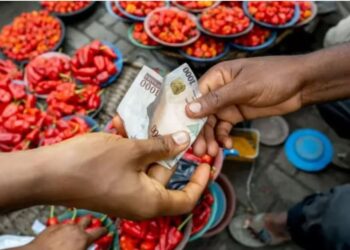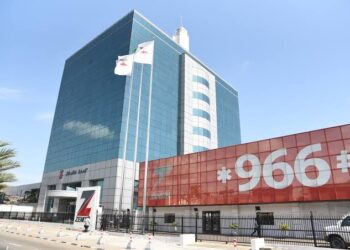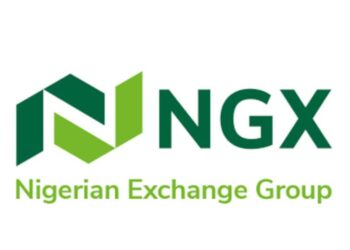Amidst tough economic reform policies by the federal government, the naira, weekend, exchanged at N769.25/$ at the investors and exporters window.
The naira depreciated by 0.82 per cent compared with N763, which it exchanged for the dollar before the Eid-el-Kabir holiday that began June 28.
The open indicative rate closed at N758.52 to one dollar on Friday.
An exchange rate of N841 to the dollar was the highest rate recorded within the day’s trading before it settled at N769.25.
On Friday, 263.45 million dollars were traded at the investors and exporters’ window.
The exchange rate opened the month of June at N464.67/$ when the Central Bank of Nigeria (CBN) was still maintaining multiple exchange rate windows.
However, the unification of multiple exchange rate windows by President Bola Tinubu forced the CBN to change its foreign exchange policy.
By closing at N769.25/$1, the exchange rate depreciated by 39 per cent in one month, one of the largest one-month depreciation of the currency seen for decades.
As tough as the reforms were, analysts at Afrinvest said, the development would bring about improved naira earnings from oil sales for the government.
They however said the devaluation would also impact both the naira equivalent of the external component of national debt stock and debt service to revenue burden at $41.6 billion or 80.7 per cent of 2022 year-end.
Afrinvest recalls that it has been an eventful half-year so far, with several twists and turns in both the domestic and external macroeconomic landscapes.
Notably on the domestic scene, the ugly experience of the currency crunch episode in the first quarter of 2023, the successful transitioning to a fourth consecutive democratic dispensation, and thus far, the radical reform approaches of the new government are major highlights Year-to-Date (YTD.0).











